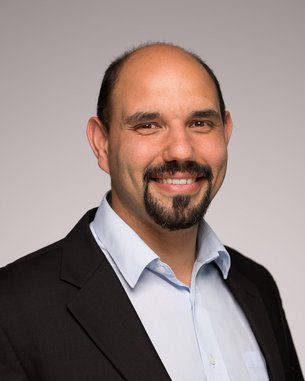
In the "Energy and Sustainability" module, students on the Master's degree programme in International Business and Engineering (M.Eng.) delve into the analysis of alternative energy supply options in cooperation with Heidelberger Druckmaschinen AG.
In the "Energy and Sustainability" module, students on the Master's degree programme in International Business and Engineering (M.Eng.) delve into the analysis of alternative energy supply options in cooperation with Heidelberger Druckmaschinen AG.
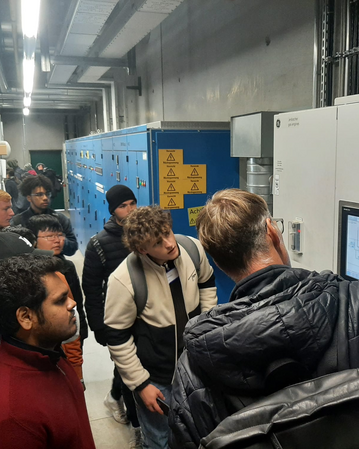
In order to get to know the students' point of view as well as insights from our cooperation partner Heidelberger Druckmaschinen, we conducted various interviews with SRH students Siri Schröer and Nazli Ghazvanchahi and Felix Heckel, HDM. Many thanks for the exciting impressions!
We have developed an energy concept that will make HDM climate-neutral in the future. The specifications were to achieve this from 2030 with certificates and from 2040 without certificates, taking into account the economic, technical and ecological aspects. To this end, we were provided with various data by HDM, which we were then able to use as a basis for our work. In order to reduce emissions, we focussed primarily on the energy supply, i.e. both electricity and heat. The most promising solutions for the power supply in the future are photovoltaic systems. HDM has some hall roofs that are currently unused, so this utilisation of the roof areas seemed promising to us. In terms of heat supply, one possible solution is the use of heat pumps, as these do not require the burning of fossil fuels to generate heat.
Our greatest success was to provide the company with a coherent solution for its project. We researched the latest developments in environmental technology and gained insights into various energy technologies and learnt how to use energy saving techniques to the company's advantage, taking into account economic indicators. We were amazed at the limited research and lack of similar projects in the industry. We realised that there is a growing interest from companies and the public in developing solutions for a more sustainable future in the printing press industry.
The biggest learning was probably to work as a group on the entire project from the beginning, with different ideas, to the concrete end, the writing of the work, with merging and formatting of the texts. There were groups of between 2-4 people. During group meetings, everyone took on the role of team leader and was able to improve their skills in this area. In addition, everyone took on certain areas of the work. They learnt how to research certain topics in detail, compare different sources and draw the relevant information for their part of the work. In this context, a lot of calculations were also made to compare the different techniques. Many learnt how to use Excel much more precisely, as well as how to write a 30-page paper. For our professional development, this phase of project management with the above-mentioned components was very valuable, as you could learn to deal with difficulties and work together as a team.
Our project trip seamlessly combined real-world experiences with scientific research. In addition to the insightful hands-on experiences, student-centred activities furthered our understanding. Building real-life scenarios sharpened our problem-solving skills, and the emphasis on group activities highlighted the importance of teamwork and co-operation. All in all, this project re-emphasised the importance of hands-on experiences and collaboration for professional development.
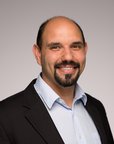
School of Engineering and Architecture | Professor | Study Programme Director International Business & Engineering (M. Eng.) | Country Ambassador Turkey
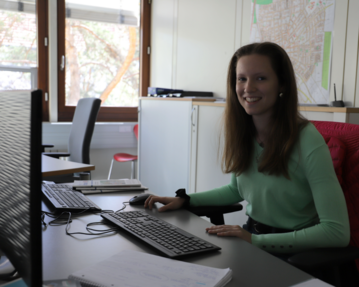
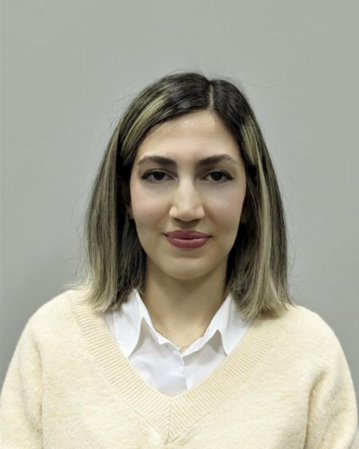
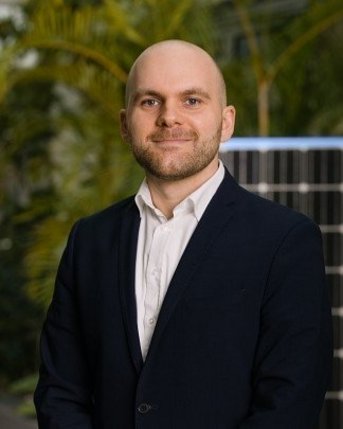
"The students were asked to act as fictional energy consultants to advise Heidelberger Druckmaschinen on future energy requirements. The aim of the consultation was to develop scenarios for the most climate-neutral and sustainable supply of electricity and heat possible," says Felix Heckel, Energy Project Manager at Heidelberger Druckmaschinen AG, describing the collaboration. "The proposals included the expansion and further development of existing technologies in our energy network. There were various interesting approaches here. On the other hand, technologies were proposed that are not yet in use at Heidelberger Druckmaschinen. We will also consider these proposed technologies for our long-term energy strategy."
The results of the SRH students will also be taken into account in the future, as Felix Heckel continues: "The results confirm that we are on the right track. We will continue to reduce our energy consumption and drive forward our own generation. The students have also carried out specific and interesting analyses for long-term development, which will support us in our decision-making."
Discover your degree programme up close! Book your taster session now!